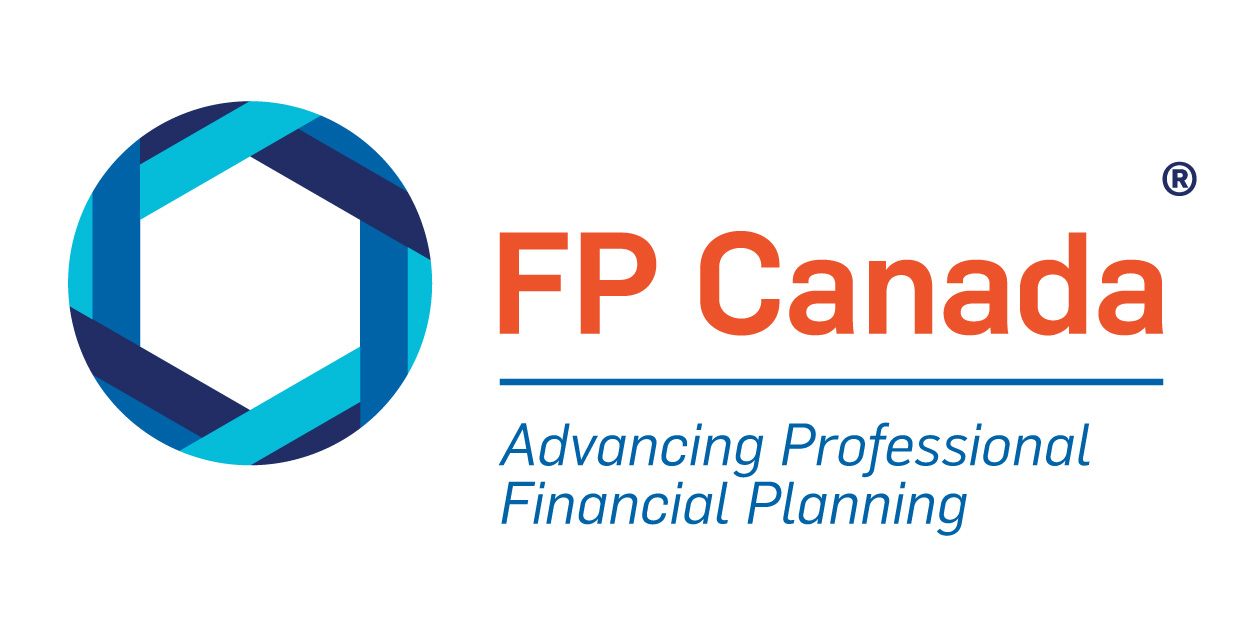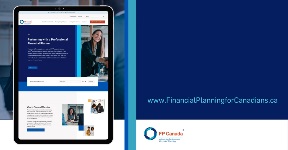CFP® professionals and QAFP® professionals can help you navigate financial challenges as they arise.
Debt Repayment Matters
During financially turbulent times, it's especially important to have a well-thought-out debt repayment strategy in place. Fortunately, even when interest rates are scary, a little professional guidance can help you tackle them with confidence.
To get a handle on your debt, try these six tips.
Remember that knowledge is power
The first step toward tackling your debt is understanding your unique financial situation. Once you have all the relevant information, you can start considering repayment strategies.
Start by looking at your finances from a lender’s perspective and ask yourself: “would I lend money to myself?” Lenders look at borrowers’ ability to pay on time, so this exercise will provide you with a neutral and critical view of your finances so you can start developing a repayment strategy.
From there, you’ll want to consider the following:
- Your income
- Expenses
- Credit score
- Total debt
- Gross debt ratios
- Income type
- Income stability
Armed with this knowledge, you should have a better understanding of where to start with your debt.
Improve your credit score
Paying down your credit card debt can reduce your debt-related stress, with the added bonus of improving your credit score.
Try to keep your credit score above 650 by paying at least the minimum each month - and try to also ensure that you never miss a payment. Even better, aim for upwards of 680 and use less than 35% of your available credit. This step will help open doors to better loans with favourable terms.
Once you’ve improved your credit score, it’s time to take a hard look at your income. From there, you’ll see how much you can consistently put toward your debt without creating financial challenges in your day-to-day life.
Think about debt consolidation
If you’re dealing with multiple high-interest debts, debt consolidation is a solid option. This strategy combines your debts into one, which can lead to one lower interest rate, simpler payments, and (potentially) less interest to pay over time.
While consolidation can be a great strategy, you’ll want to ensure you have a plan to avoid dipping back into your credit once it’s paid off!
Consider the snowball method
If consolidation doesn't work in your situation, consider the “snowball method.” It’s a longer-term but highly rewarding strategy that will allow you to focus on paying off one debt at a time.
Here’s how it works. Start with the smallest balance. Pay as much as you can until that balance is fully paid off—while keeping up with minimum payments toward your other debts. The excitement of freeing yourself of part of your debt, even if it’s small, will motivate you to keep going. From there, move onto the next smallest balance, rinse, and repeat!
Shop around for a lower mortgage rate
When it comes to mortgages, treat it like bargain hunting by comparing rates from different lenders to find the best deal. Ask your lender if the rate they’ve offered is the best they can do, then find a lower rate and see if they can match it.
Working with a mortgage broker is a great way to find what’s out there. They’ll work with you to find a lender with the best rates to meet your financial needs, and their services are free to use. They get a cut from the lender, not you!
Seek help from the experts
Improving your financial health doesn’t happen overnight. Often, it takes time and careful planning to get back on track. Luckily, there are professionals who can help you at any stage of your financial journey. Working with a CFP professional or QAFP professional can help set you up for success and allow you to accelerate on your path to financial freedom.
To find a CFP professional or QAFP professional who can help you manage your debt payments and mortgages, use the Find Your Planner tool.

Wendy Brookhouse, CFP®, is CEO and Chief Strategist at Black Start Wealth in Halifax, Nova Scotia.

 Find Your Financial Planner
Find Your Financial Planner











Leave a comment